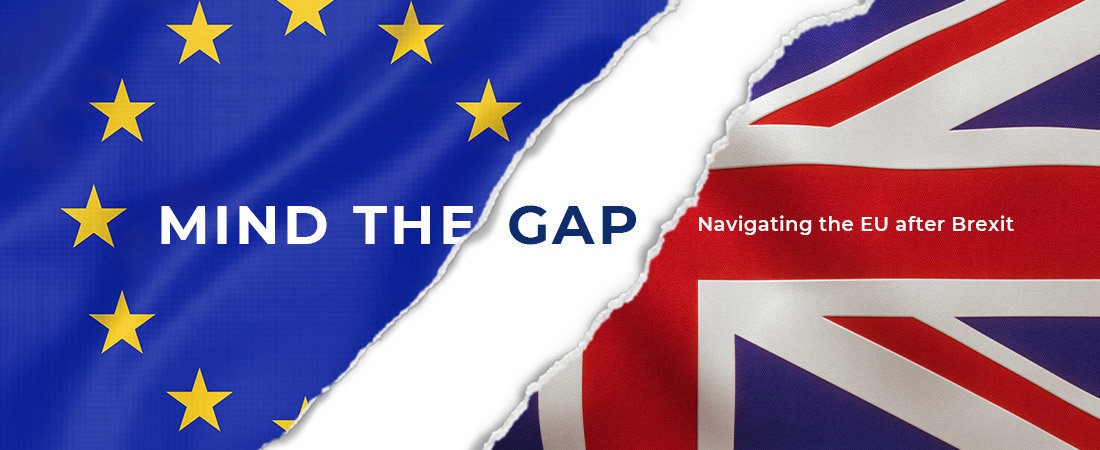Mind the Gap: Navigating the EU after Brexit. Simon Lewis OBE (Chief Executive of the Association for Financial Markets in Europe), Stephen Kinnock (Labour MP for Abervon) and David Earnshaw (Associate Vice-President Public Policy Europe MSD) joined BBC’s Chief Political Correspondent Vicki Young to discuss how British organisations can prepare for the new reality of UK influence in Brussels.
Below are some of the key takeaways from the panel discussion:
EU decisions will continue to shape business in Britain in the years ahead
Once out of the EU, Britain will still be only 22 miles away from a giant market and global regulatory superpower, on a par with the US and China. In all likelihood, access to the European market will come at a cost – that is, regulatory alignment on EU rules.
The EU does not stand still – it passes a considerable number of legislations and directives each year. The extent to which the UK will be expected to replicate EU rules will be determined by the future relationship of course, but the challenge of keeping up with a regulatory superpower should not be underestimated.
Allowing time for proper scrutiny will be important to preserve UK sovereignty, as Parliament should make informed decisions about aligning regulation. An example is the Swiss Parliament, where each legislation passed must have a section considering whether the proposal aligns with EU regulations or not. This methodology enables parliamentarians to easily scrutinise the legislation and any potential consequences due to non-alignment.
Being heard in Brussels is possible, but will require more effort
The decline of British influence within the EU is already a reality, with roots stretching to even before the 2016 Referendum. Since Article 50 was triggered, British bureaucrats now have restricted access to meetings and information which further hampers their ability to influence any EU process. Even if the UK was to revoke Article 50 tomorrow, some irreversible damage has been done – it risks being seen as a potential wrecking ball within the EU.
But not all is lost, and UK organisations may be able to hold onto some leverage if they face up to the new reality:
- The centres of influence are shifting. The idea of being influential in Europe should move beyond solely looking at EU institutions while also focusing on the growing political and economic significance of the likes of Paris, Frankfurt and Madrid – moving beyond a purely bilateral relationship
- If the UK is to have a say from outside of the bloc it must accept and understand that the dynamics have changed. Taking a humble approach and leveraging its technical expertise in areas such as financial regulation while engaging constructively, perhaps through the EEA and EFTA, could see the UK wield some influence
Uncertainty remains the main challenge
While politicos in the UK have been focused on the Withdrawal Agreement, the details of the future relationship and the inevitable trade-offs that come with it have been largely ignored. Uncertainty therefore remains the main challenge.
A breakthrough in the talks between Conservatives and Labour might help bring the Withdrawal Agreement over the line, but it would not be the end of the road. The next step would require moving from a political declaration to a binding treaty – the negotiation process to achieve this will be fraught with political uncertainty, as some of the inevitable trade-offs of Brexit become apparent. For instance, getting full access to the single market through an EEA-style relationship might be appealing to business, but is it politically viable if it involves accepting freedom of movement?
Despite the current focus on the customs union, the real issue at the core of the next round of discussions will be regulatory alignment with the EU going forward.
Sign up here for our weekly Brexit briefing e-mail.
If you would like to find out more, read our Mind the Gap: Navigating the EU after Brexit publication or contact: [email protected]

